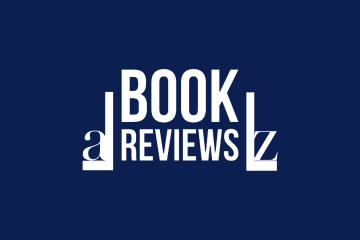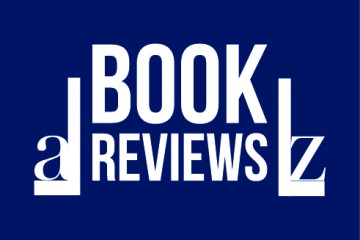
Background Check on the UN
What is the United Nations? What does it do and how does it do what it does? Together with Sam Daws, Natalie Samarasinghe has recently co-edited a leading eight-volume reference text on the United Nations – The SAGE Major Work on the United Nations. It is dedicated to the structures and the role of the UN over the course of its history and at the present juncture. In this Q&A, Natalie Samarasinghe, Executive Director of the United Nations Association (UNA-UK), responds to the questions of Oxford graduate Genevieve Woods.

Democracy against the odds
Democracy in Africa: Successes, Failure and the Struggle for Political Reform testifies to the ability of African states to democratize against the odds. It effectively introduces a framework for understanding how leaders choose to respond to the pressure to liberalise their political systems, covering the recent history of African politics and providing great detail on the return of multiparty politics in Africa since the early 1990s. In this Q&A, Ian Cooper of the Department of Politics and International Studies (POLIS) at the University of Cambridge interviews Professor Nic Cheeseman, Associate Professor of African Politics, Jesus College, University of Oxford, on his recent publication.

International organisations on the loose? Sovereignty and international military operations
Dr Hylke Dijkstra has recently published a new book entitled International Organizations and Military Affairs (Routledge, 2016). This book represents the first comparative study of the politics behind the scenes at the United Nations, NATO and the European Union concerning the use of military force. It is also the result of a research project carried out at the DPIR in Oxford. DPhil candidate Dana Landau interviews him on the most pertinent questions that arise from his work.

Jonathan Wright responds to Jonathan Maynard’s Questions on Mental Maps
This review of Mental Maps in the Era of Détente and the End of the Cold War 1968-1991 is as much sweeping as it is detailed. Jonathan Wright highlights the main arguments each contributor has made to this edited volume dedicated to the thinking that prevailed during the closing decades of the Cold War. How did world leaders think? How did their thinking change and how did this impact the course of the Cold War? On behalf of his co-editor Steven Casey, as well as of each contributing author, Jonathan Wright makes the case that, “The great crises of the twentieth century sometimes allowed leaders even with very different ideologies to find something in common, a shared orientation in their mental maps.”

A Critical Case: The United Kingdom and New Public Management
Julián López Murcia interviews Christopher Hood and Ruth Dixon about their new book ‘A Government that Worked Better and Cost Less? Evaluating Three Decades of Reform and Change in UK Central Government’ which recently won the 2015 Louis Brownlow Book Award from the US National Academy of Public Administration.

When States Act Emotionally: Professor Todd Hall Answers Questions on His New Book
In this interview, Todd Hall comments on some of the key aspects of his most recent publication Emotional Diplomacy: Official Emotion on the International Stage. How do state representatives use emotional displays strategically and what can they achieve by applying emotion to diplomacy? How do anger, sympathy and guilt feature in international relations? It is with clarity and distinction, that Todd Hall lays out how emotions are used to influence outcomes in international relations, both in theory and in practice.

Democracy, Development and Income Distribution
A Review of Inequality and Democratization: An Elite-Competition Approach, by Ben Ansell and David Samuels In this dense and absorbing review, Professor Ben Ansell explains how past and current models have failed to capture the paradox that development may lead to greater income inequality. He explores the roles of actors and structures in his own approach to the study of this relationship and casts a critical light on the plight of those who live in poverty despite democratization. Turning to the other end of the income spectrum, he discusses the global trend towards capital mobility and how it relates and affects different political systems. Overall, Inequality and Democratization raises a number of critical and highly relevant questions concerning the relationship between …

Law, Legitimacy and Morality of Warfare: A Conversation about ‘Legitimate Targets?’
In the following conversation concerning her recent publication, Dr. Janina Dill, Departmental Lecturer in International Relations at the University of Oxford, navigates a clear-cut path through concepts of International Law (IL), legitimacy and morality in warfare. From a theoretical perspective, she explains the relationship between constructivism, IL and international relations and highlights how our understanding of this relationship may be better informed through new concepts such as ”behavioural relevance” and “normative success”. From a practical perspective, she examines the historical shift in the conduct of warfare and the use of drone warfare by the United States. In response to Brett Rosenberg’s questions, Dr. Dill contemplates whether there are in fact legitimate targets in war. Many have argued that International …









